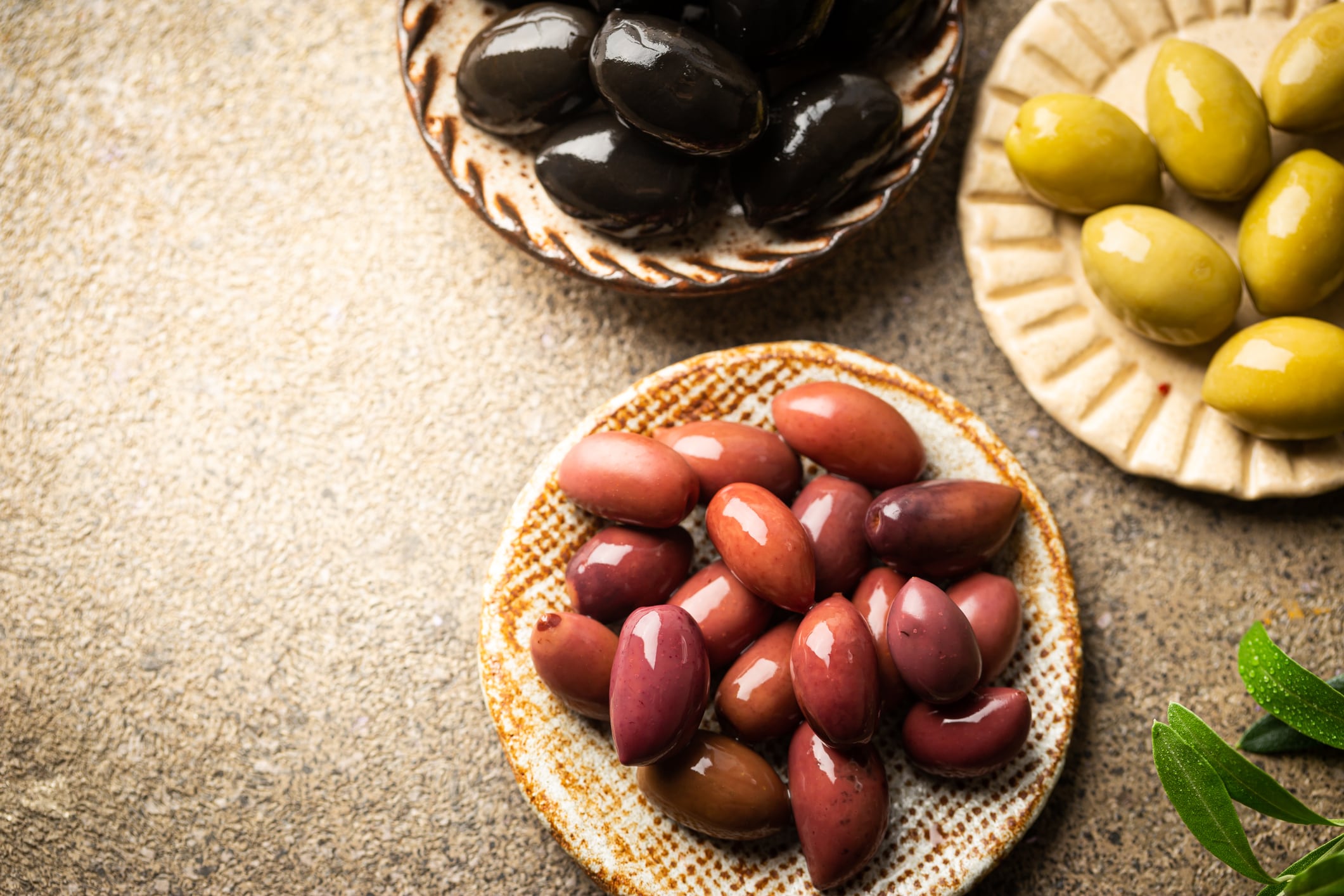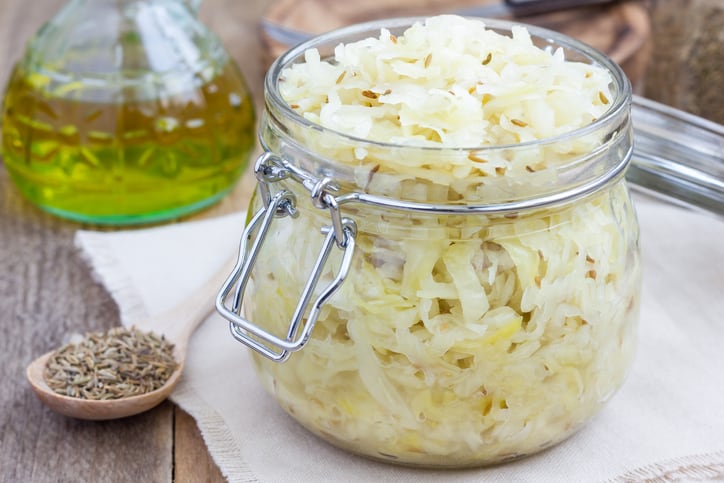“This study conducted a phase I clinical trial to assess the effects of oral administration of Lactiplantibacillus pentosus LPG1, a natural strain with probiotic potential isolated from table olive fermentations, on the gut microbiota,” the team of Spanish researchers wrote in the journal Nutrients.
The research was funded by the Spanish Ministry of Science, Innovation and Universities (MICIU) through the TOBE Project, designed to investigate the "technological and functional applications of the table olive biofilm ecosystem".
Table olive biofilm for gut health
In support of the probiotic potential of LPG1, the study referenced previous findings from in vitro and in vivo mouse models and highlighted the strains anti-inflammatory and phytase activities, as well as a series of human clinical trials exploring the effects of other Lactiplantibacillus strains.
However, they noted that isolating Lactiplantibacillus strains with probiotic potential from plant-based sources is challenging.
“In recent years, table olives have emerged as a promising alternative to dairy products for carrying beneficial microorganisms to consumers,” the study noted. “Lactiplantibacillus pentosus (ex-Lactobacillus pentosus) strains can form biofilms on the olive epidermis, resulting in fermented products with high concentrations of microorganisms, reaching more than 10 million UFC/g.”
Study Details
The randomized, placebo-controlled, single-blind study randomly assigned 39 healthy volunteers to either a LPG1 or dextrose placebo group. Participants consumed one capsule a day at breakfast of their assigned substance throughout the 30-day test period.
Anthropometric parameters, biochemical results and fecal samples were collected at the beginning and end of the study. There were no significant differences in baseline characteristics observed between randomized groups.
Following the analysis of bacterial DNA from 78 fecal samples, the researchers determined that Bacteroides were the most frequently detected genus in all samples analyzed and that their presence increased during the study period in both groups.
“The final highest levels (24.76%) of Bacteroides were found in Group A—LPG1, although the improvement during the assay was similar in both groups,” the researchers noted, adding that the presence of Bacteroides is generally considered beneficial.
Other genera generally considered as beneficial, in order of abundance, included Faecalibacterium (increased in both groups but higher in placebo), Ruminococcus (decreased in both groups) and Prevotella (increased in both groups but more significantly in the placebo group). Both Parabacteroides and Agathobacter increased in the LPG1 group compared to placebo.
The study also found that the Lactobacillus genus detected in the feces played a notable role in distinguishing samples from baseline and post-intervention in the LPG1 group, while alpha diversity in the placebo group decreased after treatment.
“These findings suggest that L. pentosus LPG1 is a potentially beneficial gut microbiota modulator in healthy persons,” the researchers concluded, previewing a second clinical trial to evaluate effects on allergies and immunity.
Source: Nutrients
“Oral intake of Lactiplantibacillus pentosus LPG1 Produces a Beneficial Regulation of Gut Microbiota in Healthy Persons: A Randomised, Placebo-Controlled, Single-Blind Trial”
doi: doi.org/10.3390/nu15081931
Authors: López-García et al.




